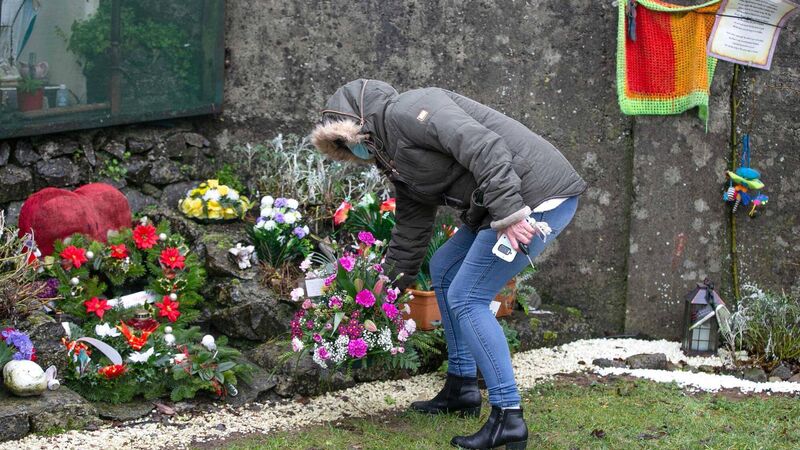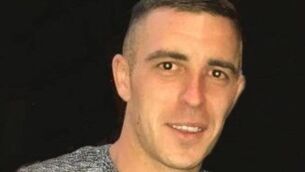Tuam baby home exhumation will be 'one of the most complex ever undertaken'

Children’s Minister Roderic O’Gorman said he shared the frustration people had expressed that the exhumation of the 800 babies' remains had not yet happened. Picture: Andy Newman
The exhumation at the Tuam mother and baby home will be one of the most complex forensic excavations ever undertaken, “not only in Ireland, but anywhere in the world”, Children’s Minister Roderic O’Gorman has said.
He said new legislation will provide the legal basis to conduct the exhumation and said there will be more involvement of family members and former residents in the process.










